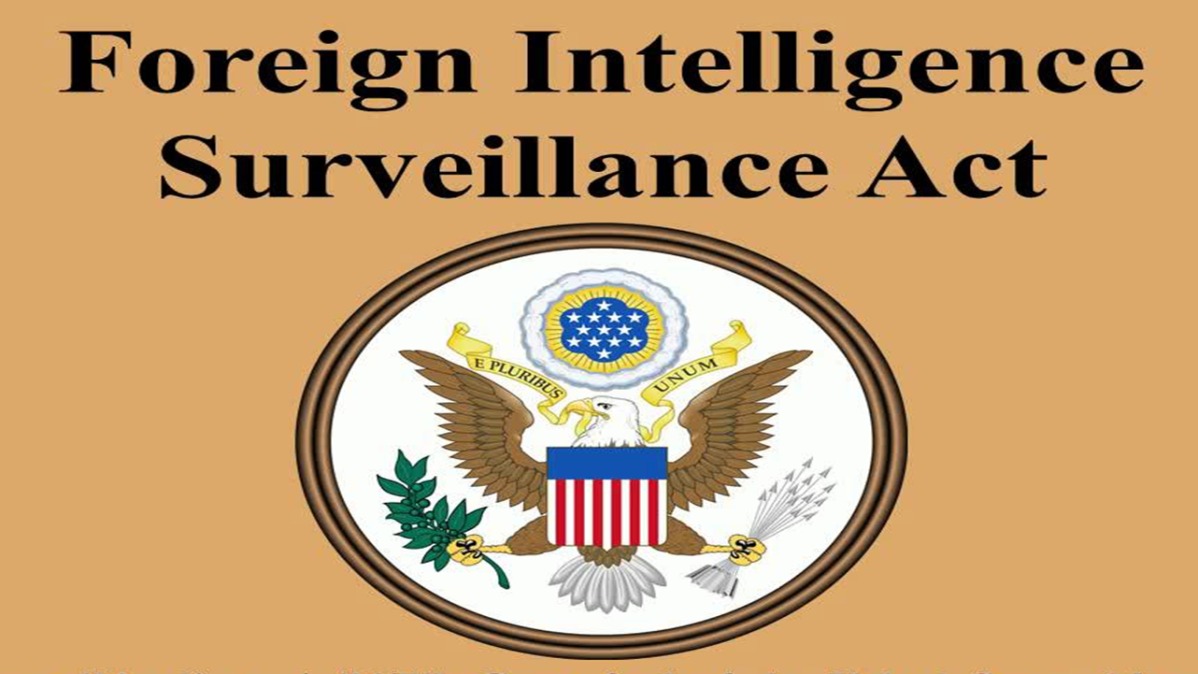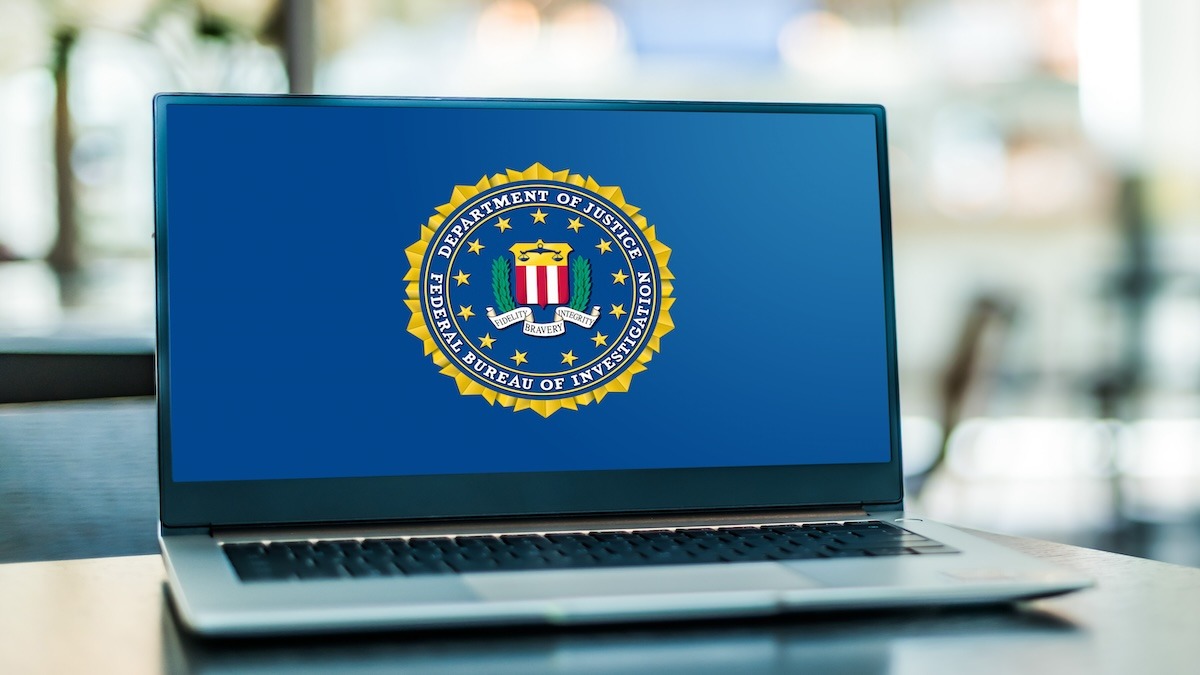The House of Representatives recently passed a bill to reauthorize and reform Section 702 of the Foreign Intelligence Surveillance Act (FISA), extending it for two years instead of the originally proposed five. This decision reflects ongoing concerns and debates regarding the balance between national security needs and civil liberties.
Section 702 permits the U.S. government to collect, without a warrant, the communications of non-Americans located outside the country. This authority is seen as crucial by U.S. officials for preventing terror attacks, cyber intrusions, and foreign espionage.
Despite its perceived importance, the program has faced bipartisan criticism due to concerns about privacy and civil liberties, particularly regarding how the FBI uses the vast intelligence collected to potentially spy on Americans.

Foreign Intelligence Surveillance Act (Credits: Station HYPO)
This reauthorization comes at a critical time, as the program is set to expire on April 19. The bill, which passed with a vote of 273-147, now moves to the Senate, where its fate remains uncertain.
The short-term extension to two years, proposed by House Speaker Mike Johnson, aims to revisit the discussion under potential future administration changes, possibly under a new presidency if Donald Trump were to win back the White House.
An amendment that would have ended warrantless surveillance of Americans was also proposed but failed to pass. This issue has been a serious point of contention, with some members of Congress, particularly from the conservative House Freedom Caucus, expressing strong opposition to the bill due to insufficient protections against privacy infringements.

Mike Johnson (Credits: Axios)
To address some of these concerns, Speaker Johnson has indicated plans to introduce additional legislation aimed at closing loopholes that allow the collection of Americans’ data from big tech companies without a warrant. This move is seen as an attempt to mollify critics and ensure that reforms are being made to protect civil liberties.
The ongoing debate reflects a broader struggle within the U.S. government to align national security objectives with the constitutional rights of citizens.
The controversy has been fueled by revelations of past abuses, including improper queries by FBI analysts concerning Americans, which have intensified calls for greater oversight and restrictions on the surveillance program.
As the bill heads to the Senate, it remains to be seen how lawmakers will direct these complex issues, balancing the urgent need for national security tools with the imperative to protect individual privacy rights in a digital age.



























